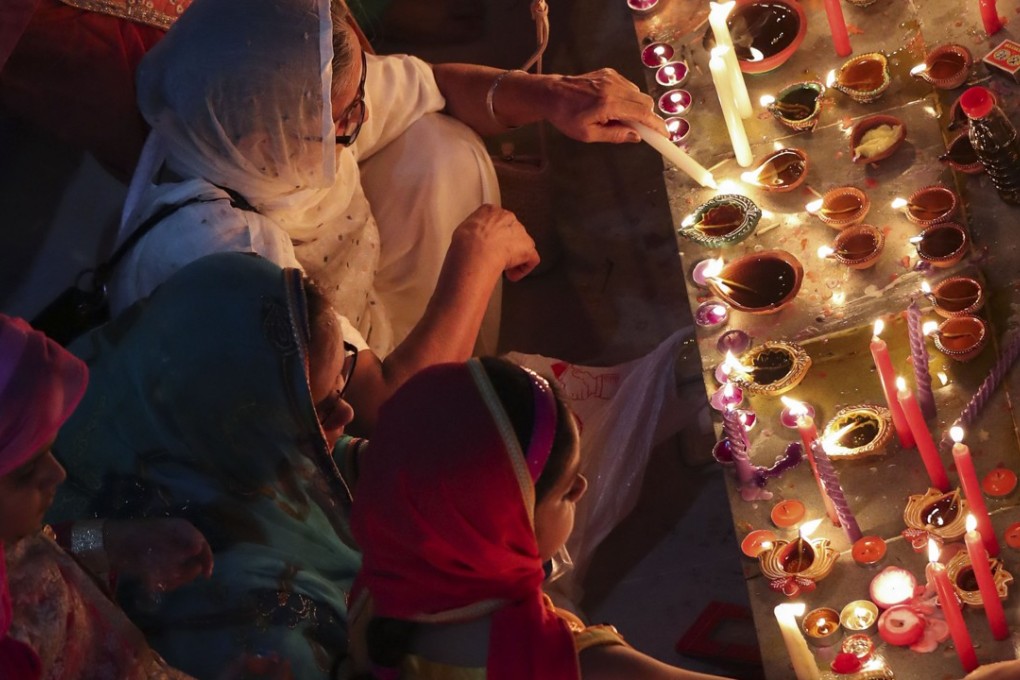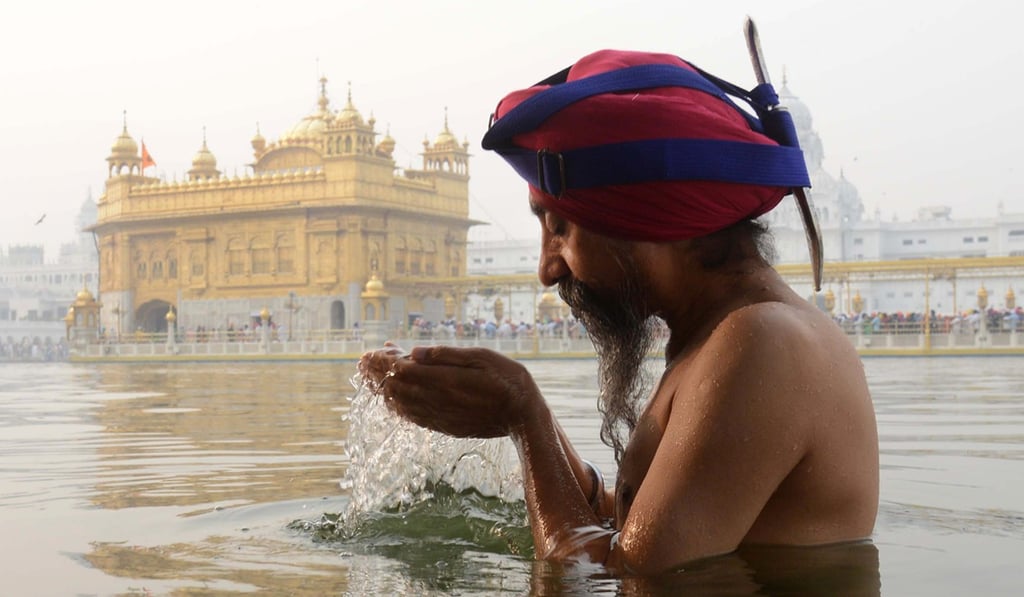Diwali: how Indians in Hong Kong make festival special when they’re far away from families
- Multi-faith Diwali balls and assemblies at schools, filling their homes with friends in place of family – Indian community celebrates differently
- Indian firms’ Chinese staff take part in lucky coins ritual

The festival of Diwali, the Indian New Year, is celebrated nationwide in India and by hundreds of millions of Indians around the world, and with gusto in Hong Kong. Derived from the Sanskrit word Deepawali, meaning row of lamps, the “Festival of Lights” is observed in the autumn, and will be celebrated on November 7 this year.
Preparations for the festival begin weeks in advance. The home and workplace are adorned with earthen lamps called diyas, which symbolise the triumph of light over darkness. This is summarised in the prayer Tamso Ma Jyotirgamaya, which says “from the darkness of ignorance, lead us to light of knowledge”.
Over time, Diwali had become a national festival marked by most Indians regardless of faith, with Jains, Buddhists and Sikhs also celebrating. In Jainism, Diwali marks the spiritual awakening of Lord Mahavira, and for Sikhs it celebrates the day the sixth guru, Guru Hargobind, was freed from imprisonment.
How Hindus interpret the Diwali story depends on where they live. In northern India, it marks the story of King Rama’s return to the Indian city of Ayodhya after he defeated Ravana by lighting rows of clay lamps. In the south, people celebrate it as the day Lord Krishna defeated the demon Narakasura. In western India, the festival marks the day Lord Vishnu sent the demon King Bali to rule the netherworld.
Despite the variations, a common symbolism remains – the victory of light over darkness, knowledge over ignorance, and good over evil.

